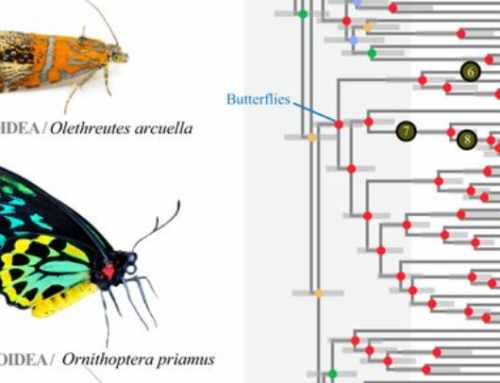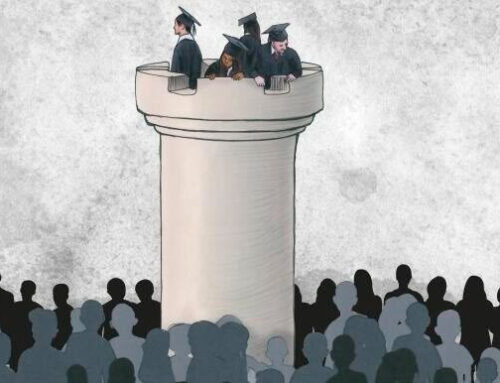If your district serves students who you consider to be English learners, you need to read this research article by Peggy Estrada (UC Santa Cruz) and Haiwen Wang (SRI International). Here’s the article. It’s the lead piece in the April 2018 issue of the American Education Research Journal.
Its title may be a bit stodgy: “Making English Learner Reclassification to Fluent-English-Proficient Attainable or Elusive: When Meeting Criteria Is and Is Not Enough.” But its message is passionate, and its language entirely readable. It is a clarion call to educators to carefully reconsider the criteria and processes they use for reclassifying EL students to fluent English proficient. In brief, their study compares two districts’ reclassification policies and practices. One earns praise. The other doesn’t. The comparison enables Estrada and Wang to flag troubling practices.
This is important work, and especially relevant in California. She’s studying a system that has misclassified many students as “English learners” or “long-term English learners,” and then curtailed their access to a rich curriculum. The result is a painful irony — school systems are actually creating barriers to students’ ability to prove they’ve attained English fluency.
I found Peggy in mid-April at the American Education Research Conference (AERA) in New York, where she was presenting another research paper on the topic of school staff conceptions of students who they label as “long-term English learners.” This roundtable discussion with fellow scholars enabled her to recap the heart of this research. In her words, “deficit labels foster deficit conceptions and stigmatization, which are related to diminished student academic and staff instructional self-efficacy.” In my opinion, this new paper shows how the system creates LTELs. The stigma they suffer among teachers and peers contributes to their own sense of academic struggle.
In this newer paper, she and co-authors Soyoung Park and Timea Farkas document the social construction and adoption of the LTEL label itself. Their interviews with teachers and administrators provide evidence of negative unintended consequences of good intentions. Their six policy implications provide direction for increasing student opportunities for learning and engagement. Their recommendations should also reduce challenges for teachers. The ideas are practical, feasible and likely to save districts much money and time.
What I find admirable is her Sherlock Holmes spirit, her tenacity and intelligence in pursuit of evidence of errors in judgment. She is a spirited scholar and an empiricist who has a keen sense of justice.
I urge you to go directly to the paper itself. Her study finds that many students who are eligible are not reclassified and that such practices are implicated in producing long term status. The good news is that districts’ policies can lead to more sound decisions. Much research by other scholars supports her views, and I’ll provide a digest of that soon.
Peggy Estrada is an associate research scientist in the Latin American and Latino Studies department at Merrill College, UC Santa Cruz.






